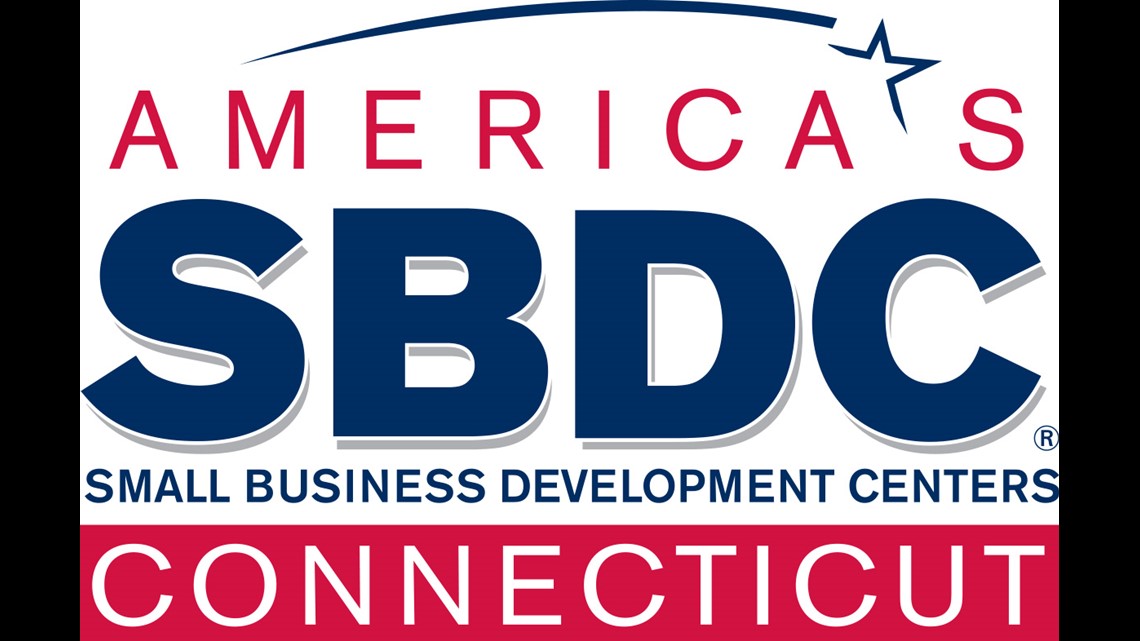

Content provided by the Connecticut Small Business Development Center
Starting a business is exciting; ideas are boundless and possibilities are limitless. That optimism and energy is needed to roll up your sleeves and get to work on making your dream become a reality. But before you start tapping your savings account or 401k to fund your new venture, be sure you can answer these 8 questions without hesitation:
-
What problem is your business solving?
We are living in an age when it is very easy to start a business, which is great! It also means the marketplace is noisy. So, how will you stand above the noise? You must get super clear on the problem you’re solving and why your business is the best solution. This is called your unique value proposition. Note: the problem you’re solving also has to be something customers are willing to pay for.
-
How will you make money?
You might be going into business for a variety of reasons – to leave a legacy, to fix a social problem, to create jobs, etc. However, if you are in business, you’re in the business of making money. There are a variety of ways to make money, and it’s important to research all the ways your business can generate revenue. For example, let’s say you make bread. You can sell bread directly to the consumer, you can sell it wholesale, or maybe you sell make-your-own bread kits online. The more ways your business can make money the more diversified your revenue streams will be, which is one way how you strengthen your business idea.
-
Who is your customer?
Hint: your customer is not everyone. It’s tempting when you’re just starting out to cast your net as wide as possible to get customers. However, when you target everyone, you actually target no one. It’s very important to get specific about who your ideal customer is. How much money do they make? Where do they live? What do they do every day? What do they like? Where do they like to go? The more specific you can get the easier it will be for you to find your ideal customers and for your ideal customers to find you.
-
How big is your market?
Once you’ve determined who your target customer is, how many of them are there? If you have a brick and mortar store with no online sales, this is critical as you will rely on foot traffic to generate revenue. Selling online does open up your potential marketplace; however, you need to make sure there are enough people who are willing to buy from you.
-
How will you get the word out about your business?
Your marketing plan cannot be an afterthought. A lot of new business owners think they’ll market through word of mouth. However, that’s not enough to go on. Where can you network? What media outlets should you develop relationships with? What social media platforms should you be on? Check out our free online marketing course “Creating Buzz: Marketing on a Small Budget” for more ideas.
-
How much money will you need to get started?
There are a lot of costs associated with starting a business from administrative costs to larger inventory purchases. Have you thought through all your costs? Expenses can add up quickly. It’s important to think through all your costs upfront so you can determine if you have the right capital to move forward with your business.
-
What are your strengths and weaknesses?
As a small business owner just getting started, you have to do it all. From the bookkeeping, to the selling, to the production. You won’t be good at nor will you enjoy everything. It’s important to identify your strengths and weaknesses so you can either hire or outsource help for the activities you don’t enjoy doing or you’re not good at. In order to be successful, you’ll want to focus on the activities at which you excel.
-
How much money are you willing to invest?
When you’re starting out it’s easy to get caught up in thinking about the upside. However, it’s important to understand what your personal limit is. When do you know you’ve had enough and it’s time to pull the plug on the business? It could be a financial number, for example, you’re willing to invest $10,000 of your own money then after that you’re done. Or, it could be more personal like if you start missing family activities. Having these clear boundaries for yourself can keep you focused on results and can reduce the risk of getting into a financial situation you’re not willing to get in to.
If you had any trouble answering these questions, you’re not alone. A lot of new small business owners struggle with answering these questions. The Connecticut Small Business Development Center can help. You can work one on one with a business advisor, at no cost to work through these questions and more. Go to www.ctsbdc.com to learn more and request business advising.





